7 Best Natural Laxatives and How to Safely Use

Related products
Laxatives are substances that facilitate defecation and alleviate bowel complications. They serve a vital purpose in treating constipation. They are undoubtedly fundamental in ensuring smooth digestion and maintaining optimal gut health for millions across the globe.
However, excessive or improper use often comes with unwanted side effects, including abdominal cramping and electrolyte imbalances, among others. To mitigate these risks ─ natural laxatives emerge as compelling alternatives worth exploring. Those looking toward more organic approaches might find a reprieve, knowing numerous nature-derived options are renowned for their safety and efficiency, thus paving the way towards healthier lifestyles without compromising well-being.
Herein is structured information about seven notable natural laxatives backed with scientific evidence and guidelines for safe utilisation practices. I hope it benefits readers seeking comfortable digestive relief through Mother Nature's generosity.
Natural Laxatives
Defined scientifically, natural laxatives are compounds or foods that assist bowel movements without the addition of synthetic chemicals. They typically originate from plant sources and include specific fruits, vegetables, nuts and seeds, among other edible items, that increase stool softness, aiding easier expulsion.
These nature-derived alternatives offer many benefits compared with their synthetic counterparts. Among these advantages is minimised risk exposure as they tend to cause lesser undesirable effects like cramping or electrolyte imbalances — issues often associated with over-the-counter medications. Moreover, most natural options inherently possess healthful nutrients, contributing to overall nutritional balance while simultaneously performing their primary function.
Drift from conventional medicated choices has been attributed largely to an enhanced understanding of how these bioactive agents facilitate smoother digestive processes, not by force but by gentler mechanisms that respect the body's inherent rhythm, thus minimising disruption within delicate gut ecosystems.
Principally, three strategies account for improved faecal passage through the intestines, majorly adopted by nature's cleansers:
- Fibre Intake Increase—Substances rich in fibrous content help add bulk, making stools larger yet softer and promoting easy evacuation.
- Water Absorption Enhancement – Some act by augmenting water absorption into bowels, resulting in more fluidic elimination.
- Gut Flora Nurturing - Certain new findings suggest possible roles played even at microbial levels, fostering healthy bacteria populations that are instrumental in maintaining optimal digestion.
While offering relief on the one hand, such holistic measures undoubtedly portend long-term well-being, providing the assurance needed considering constipation-related distress, which is widely known to affect the quality of life worldwide. The focus then turns inevitably toward welcoming greener interventions, seamlessly blending therapeutic potential amid nutritionally enriched dietary patterns, confidently paving the way forward toward harmonising man-nature ties once again.
Flaxseeds

Flaxseeds are revered in health and wellness circles for their promising nutritional profile. They are packed with vitamins, minerals, beneficial fatty acids (omega-3), antioxidants known as lignans and, most importantly, dietary fibre, which earmarks flaxseeds' potent laxative properties.
Examining how flaxseeds assist defecation introduces us to two types of fibres within these miracle seeds—soluble and insoluble. Soluble fibre absorbs water, forming a gel-like substance that softens stools, making them easier to pass, while its insoluble counterpart adds bulk, enhancing transit time. These dual phenomena explain why flaxseeds act as such effective natural bowel facilitators.
From 2019 data provided by Nutrition Foundation UK, it's apparent the British population isn't consuming enough fibre—with intake averaging around 18g per day against the recommended minimum of 30g. Including nutrient-rich sources like Flaxseed into daily diets might thus help bridge the gap, providing much-needed digestive relief from constipation woes plaguing many today.
Inclusion does not require elaborate measures, but simple switches or additions often suffice given its versatile earthy-nutty flavour, adaptable across multiple recipes. Here are a few guidelines:
- Direct Addition: Adding ground flaxseed onto breakfast cereal, porridge, and yoghourt
- Baking & Cooking Ingredients: Incorporated into breads, muffins, smoothies, and soups.
- Healthy Salad Topping
A point worth noting before consumption is the importance of grinding seeds before ingestion. Whole ones likely get passed through without yielding any benefit due to the sturdy outer shell's seemingly indigestible intact state.
While promising safe usage generally for adults up to two tablespoons daily regularity ─ care must be exercised considering potential interactions, particularly among those on specific drugs, notably blood thinners/blood sugar lowering medications, where supervision under healthcare professionals becomes crucial henceforth ensuring harmless, efficient passage toward enhanced gut vitality harnessing power via nature's goodness derived from simple flaxseeds.
Chia Seeds

Chia seeds, known scientifically as 'Salvia Hispanica,' possess significant merit in natural laxatives. Originating from Central America and now globally recognized for their health-enhancing attributes, these tiny black seeds have made a grand entry into contemporary nutritional trends such as superfoods.
Revered not just due to digestive advantages but also encompassing wide-ranging overall benefits as reported by multiple researchers. These power-packed gems house double the protein amounts found amongst grains alongside noteworthy Omega-3 fatty acids content, which support heart health. Their antioxidant profile proves impressive in combating cellular ageing; thus, high fibre concentration ─ an astonishing 34g per every hundred grams, ensuring softer stools─ makes them worthy contenders within any wholesome diet plan effectively addressing constipation concerns.
The unique attribute of chia is the absorption of up to twelve times its weight in water, thereby forming bulkier yet fluidic excreta, facilitating easier passage via intestinal tracts while maintaining hydration levels, preventing hardened faecal matters common amidst poor hydrational states often culminating into painful defecatory experiences.
To incorporate chia delicately merging therapeutic efficacy amid taste savouring platter ideas appear like Homemade Lemon-Chia Seed Muffins or Strawberry Kiwi Smoothies interspersed liberally with soaked Seeds. Both delicious options are popular across scores today, promising rewarding dining encounters that benefit digestion besides tasting delightful all the way through.
Such nature-inspired strategies demonstrate how simple food choices organically offer profound effects upon ailments challenging conventional conception. Associating medications alone bearing curative potential opens vistas, redefining healing expansively beyond limits traditionally assumed before.
Psyllium Husk

In natural laxatives, Psyllium Husk stands as a powerful agent. Deriving from Plantago ovata seeds − an herb predominantly found in India and cultivated globally; it's packed with soluble fibre content, which marks it as distinctively beneficial.
Studies reveal that psyllium husk contains approximately 70% soluble fibre and 30% insoluble fibre, setting its composition apart, considering most fibres feature only one type dominantly. Notably, upon ingestion of this versatile plant product, substantial water absorption from the gut takes place, leading to extensive swelling, translating into softer stools, thus aiding easier defecation.
The British Nutrition Foundation regards dietary fibre as essential for smooth digestion, further highlighting benefits associated particularly with naturally sourced variants such as psyllium husk, renowned for their gentle yet effective action profile, unlike synthetics known to often cause cramping discomfort - a testament to nature's intricacies transcending medical boundaries manifold via fertile botanical landscapes unfolding miracles silently.
Guidelines must be followed diligently while embracing any supplement regimen, including consumption considerations surrounding taking dosage preferably alongside meals and ensuring enough fluids are ingested; generally, around 8 ounces per serving is advised. Research endorsing psyllium usage for constipation suggests a daily single dose ranging between 5 and 10 grams of the substance.
Leafy Greens

Leafy greens like spinach and kale are nature's mineral-rich powerhouses essential in promoting healthy bowel movements. They enhance the body's fibre input, a vital agent for optimal digestion function.
Scientific evidence cites the high amounts of magnesium present within these vibrant vegetables as instrumental in averting constipation issues. Magnesium effectively draws water into the intestines, making stool passage considerably more comfortable due to enhanced fluidity.
Incorporation of said greens does not necessitate rigorous dietary overhauls, but rather simple, subtle tweaks suffice efficiently. These versatile veggies easily find room within daily meals, whether through salads at lunch or blending them into smoothies at breakfast time; both practices add a nutritional edge while ensuring digestive well-being progression remains unhampered consistently, thus translating effortlessly into routine habits going forward.
Water

Ensuring optimal body hydration is imperative in someone's plan to prevent and combat constipation. Water, one of nature's most fundamental elements, is a natural laxative promoting regular bowel movements.
Water actively participates within our bodies, supporting many metabolic processes, with digestive health being no exception. Among its numerous roles lies aiding digestion by softening stools, thereby facilitating their easy passage through the intestinal tract and minimising strain on defecation. Thus, it is quite literally nature's gift to human gut wellness.
National Health Service UK suggests adults require around 1.2 litres (6-8 glasses) of water per day, though actual needs might vary based on physical activity levels or climatic conditions, among other factors. Higher intakes are usually considered safe for most individuals given the kidneys' remarkable fluid-regulating abilities.
To maintain adequate hydration crucial in battling constipation — tips include:
- Keeping yourself well-hydrated throughout Regularly sipping small amounts rather than consuming large quantities occasionally ensures sustained absorption.
- Prioritising morning intake: A glass, upon rising, helps kick-start metabolism, rendering a positive impact all day.
- Choosing liquids intelligently: While beverages like coffee contribute to fluid needs, caffeine tends to dehydrate; hence, sticking to more neutral options proves beneficial.
- Including high-water-content foods: Cucumbers or oranges have over 90% water weight, offering an added means of meeting daily quotas that complements direct consumption.
By considering these guidelines alongside incorporating overall balanced lifestyle habits - relief from the discomforts often seems achievable.
Aloe Vera

Aloe vera, often deemed 'the plant of immortality' by ancient Egyptians owing to its myriad health benefits, is indeed a powerhouse packed with laxative properties that assist in digestion. It houses potent compounds like anthraquinones that stimulate intestinal water secretion, resulting in softer stools while fostering increased peristalsis: involuntary muscle movements pushing contents along the digestive tract.
In addition to this primary function of easing bowel movement, the presence of enzymes such as amylase and lipase contributes beneficially to breaking down sugars and fats, aiding optimal absorption within the intestines. Consequently, an ensemble of nutrients, including vitamins, minerals, and amino acids, included within these succulent leaves helps foster overall gut health, thereby combating constipation effectively.
Research supports the consumption of aloe vera juice for relieving occasional bouts of indigestion or mild cases of chronic constipation since it primarily acts without causing harm. However, it recommends appropriately controlled intake.
To utilise Aloe Vera efficiently as a laxative ─ blend one teaspoon of fresh gel extracted directly from plant leaf with fruit juice meant palatability enhancement; consume once daily, preferably in the morning, on an empty stomach, ensuring the best results.
However, be cautioned about overuse! While effective when consumed moderately ─ excess quantities might result in dehydration owing to enhanced fluid secretion at the intestinal level, causing diarrhoea risk elevation apart from leading to electrolyte imbalance manifesting leg cramps or weakness symptoms, so careful monitoring stands paramount until the body adjusts accordingly.
Moreover, those diagnosed with kidney disease are advised to abstain, considering concentrated mineral content potentially further exacerbating already stressed organ functions; hence, always consult healthcare providers before initiation, particularly concerning ongoing medication interferences, eliminating serious aftereffects incidence chance beforehand towards truly reaping extensive rewards offered generously by this miracle plant ever standing true medicinal history not just spanned centuries but civilizations alike guiding humankind through times wellness-seeking quests invariably across epochs unmatched unchallenged unparalleled even today- testament undeniable reaffirming nature supremacy holding keys unravel human well-being entirety.
Prunes

Prunes, derived from dried plums, are a powerhouse of nutrition with impressive laxative properties. Rich in vitamins A and K and essential nutrients like potassium and iron, they emerge as effective allies towards optimal health while specifically assisting those struggling against constipation.
A systematic review published on PubMed found that regular prune consumption significantly improved defecation frequencies among elderly subjects experiencing related bowel irregularities. It indicated their potent ability to address such concerns more naturally without invoking abrupt intestinal responses often seen in post-synthetic medication usage.
Such solid scientific backing further validates why prunes have been traditionally known for relieving constipation for generations worldwide. This is primarily attributed to their high fiber content, which not only enhances digestive tract efficiency but also softens stools, easing passage through the colon and ensuring a smooth elimination process.
In addition, though, lies an interesting fact: Prune's exceptionality is largely credited because it houses diphenylisatin—a natural compound stimulating intestinal contractions, aiding faeces expulsion. Thus, it directly influences the body's inherent mechanisms rather than enforcing external intervention, as most medications do.
For maximum benefit, introduce prunes gradually into your daily diet instead of a heavy one-time intake, which might initially upset the stomach, given their richly fibrous nature. Consuming around 50g portions equivalent to almost seven medium-sized pieces regularly appears appropriate and suitable.
How to Safely Use Natural Laxatives
Despite the numerous benefits offered by natural laxatives, it remains crucial to adopt safe usage practices that ensure the utmost benefit while minimising potential risks.
It is advisable to begin with smaller amounts and gradually increase intake as the body adjusts. Overconsumption of fibrous foods or potent herbs might initially result in mild abdominal discomfort, bloating or gas—completely avoidable through slow-paced introductions that allow the body adequate adaptation time to these new dietary changes.
However, not all discomfort signals danger: some minor digestive disturbances are expected during early consumption stages—often mistaken for side effects but indicative of gut microflora adjusting toward healthier balances attributable largely to enhanced fibre inflow, which is responsible for nurturing them optimally.
While natural options certainly appear enticing, relieving constipation vis-a-vis fostering internal health simultaneously, moderation needs always be remembered since too much, even good stuff like fibres, has occasionally been reported to cause bowel obstructions, especially among those having prior related medical histories.
Yet one rule stays universal regardless of the type chosen – consultation with healthcare providers before incorporating any remedy into regular regimens becomes imperative. Not every substance suits everyone uniformly given individual metabolic differences; hence, their expert advice regarding suitability considering overall health status, including pre-existing conditions, helps navigate this path more securely, avoiding unnecessary complications later on, piggybacking unwarranted self-experimentations.
Lifestyle Tips for Preventing Constipation
Preventing constipation extends far beyond food intake or natural laxative consumption. It encompasses a holistic approach that includes diet modifications, regular physical activity and stress management techniques, all working in synergy for optimal gut health.
In terms of dietary recommendations, increasing fibre intake stands at the forefront. Foods rich in fibre, such as whole grains, fruits and vegetables, stimulate bowel movements by adding bulk to the stool, easing passage through the intestines. Moreover, proper hydration plays an equally vital role: Drinking ample water assists in softening stools whilst preventing dehydration, which is often associated with induced bowel irregularities.
Alongside nutritious eating habits, regularly engaging in some form of physical exercise offers considerable benefits, too. The emphasis is on benefits derived from active lifestyles, stating how movement helps accelerate digestive processes by improving muscle tone within the gastrointestinal tract itself, thus enhancing overall internal flow dynamics, portending smoother faecal expulsion in the end.
Stress Management undoubtedly has been gaining steady recognition over the years thanks largely to proven links between mind-gut influences whereby emotional imbalances might trigger adverse intestinal responses like irritable bowel syndrome, among others. Against such a backdrop, incorporating relaxation exercises into daily routines—meditation, mindfulness, yoga, or simply deep breathing- proves instrumental, providing much-needed mental peace and fosters conducive environments necessary for effective digestion operations continuously inside silently.
Lastly, but no less important, is establishing a healthy bathroom routine. Resisting the urge when nature calls often leads to hardening stools, making difficult passes later, thereby causing discomfort. If ignored persistently, this can eventually lead to chronic constipation.
Takeaway
Laxatives are critical in combating constipation, and natural options like prunes offer a safer alternative with fewer side effects. Safe usage entails gradually introducing these substances into daily routines under professional guidance. Combating constipation involves dynamic lifestyle changes, including dietary modifications, physical activity, stress management techniques and fostering healthy bathroom habits—all culminating in optimal gut health.
Frequently Asked Questions
What is the most powerful natural laxative?
Prunes are among the strongest foods known for their potent bowel-stimulating properties. Their efficacy is due to their high fibre content and a compound called diphenylisatin, which stimulates intestinal contractions.
What is the fastest, safest laxative?
Aloe vera stands out as one of the quickest-acting safe options. It contains anthraquinones, compounds that promote increased water in the intestines and stimulate mucus secretion, aiding faster stool passage.
What food is the strongest laxative?
Among foods, those rich in dietary fibre like chia seeds lead pack are extremely fibrous, thereby boxing bulkier stools, encouraging regular smooth movements and ensuring a consistent digestion process.
What laxative works in 30 minutes?
Over-the-counter glycerin suppositories offer fast relief, usually manifesting effects within a few minutes post-administration. However, they aren't necessarily "natural" by strict definitions despite their rapid action profile, suiting exigencies more acutely demanding prompt intervention without any delay whatsoever, wherein quicker response time matters immensely indeed.
What is a good natural laxative drink?
Ginger tea emerges as notable, having been used traditionally across cultures worldwide owing to its inherent abilities to stimulate digestive juices besides calming inflammation if present internally, resulting in enhanced total body relaxation favourably impacting gut functionalities over holistic dimensional perspectives accounting for larger wellness context therapeutically translated obviously through such simple yet profound daily routines appreciably adopted comprehensively evermore.



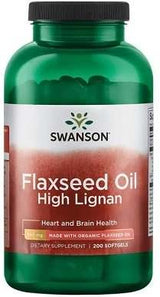
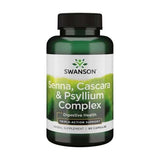
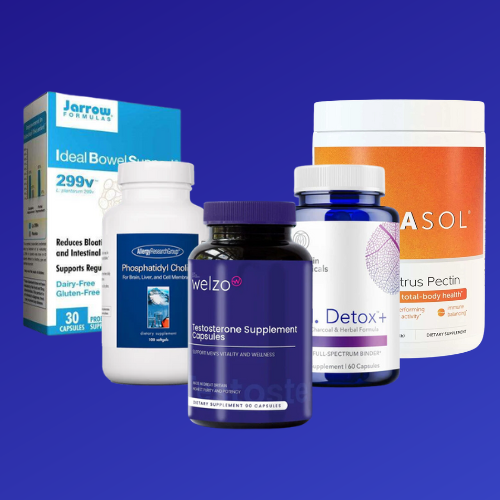
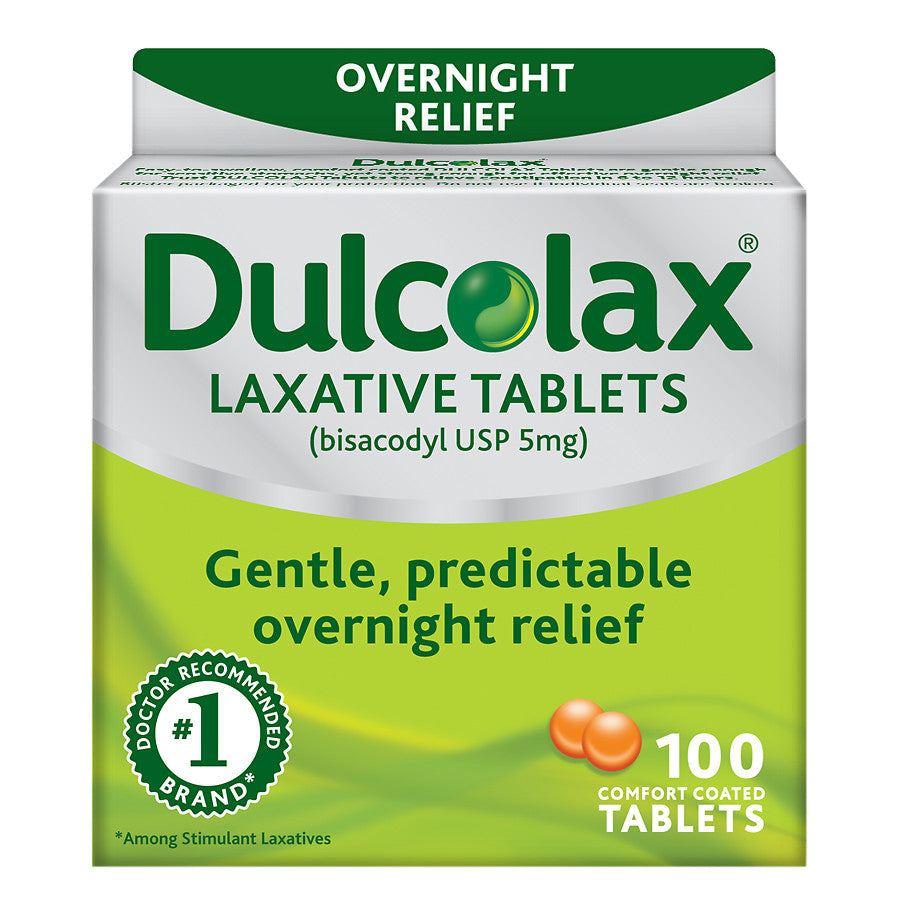
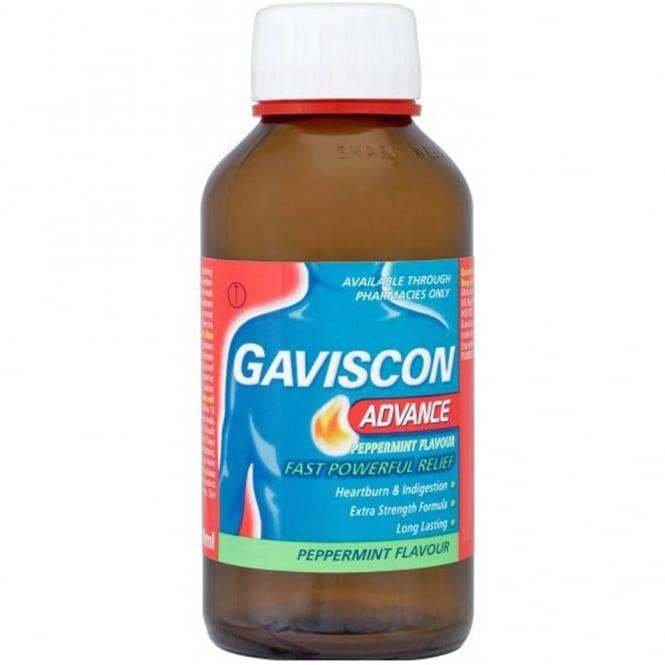


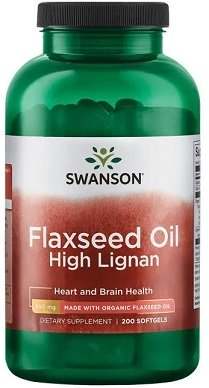
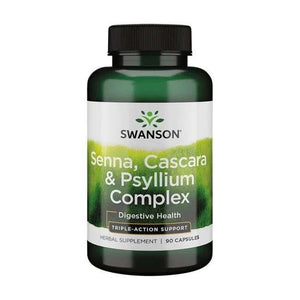
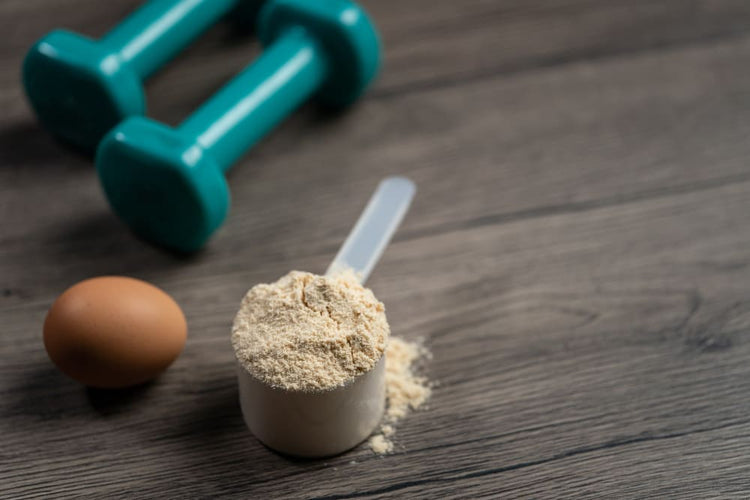





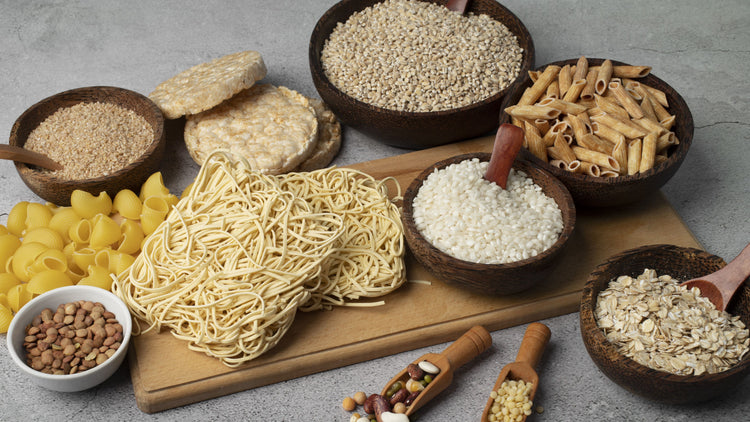



 Rated Excellent by 26,523+ Reviews
Rated Excellent by 26,523+ Reviews